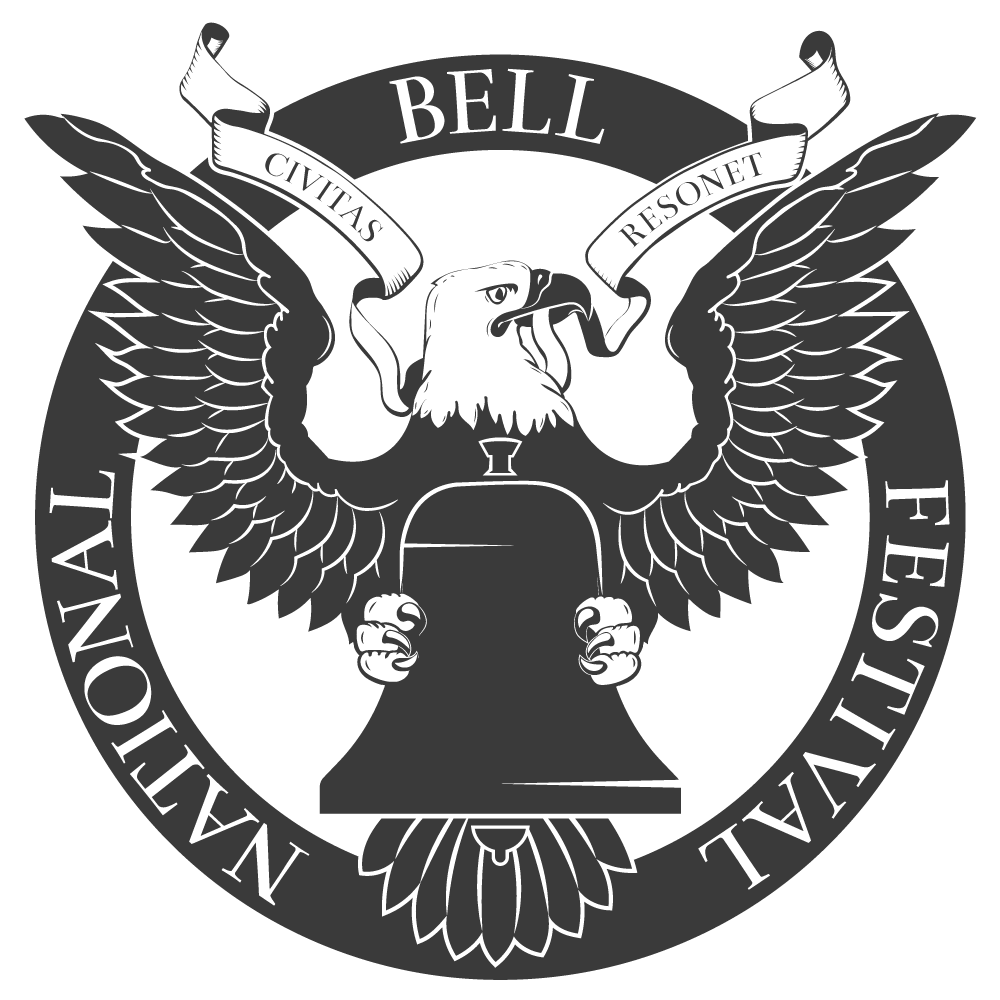Keen royal observers, as much of the world has been these last two weeks following the passing of Her Majesty Queen Elizabeth II, might have noticed from the various camera angles in and around Windsor Castle, a conspicuous bronze bell perched atop three cannonballs and leaning against the castle’s north terrace wall.
Where did this bell come from and what does it mean? The first clue may be found in the inscription on the marble base upon which the bell sits: “Mandalay 1887.” Students of imperial history know that Burma (now Myanmar) was annexed by the British on January 1, 1886. The annexation ended the Konbaung dynasty and Burmese independence, and sparked a decade-long anti-colonial resistance.
It also created an all-out frenzy to loot and pillage as much wealth and artefacts as could be had from the new colony. A logistical unit, the “Prize Committee, Mandalay,” was established to expeditiously dispose of the possessions of the former Burmese government. Items of note were auctioned off to military officers, civil servants, or tourists visiting from the west. Items that seemed of little artistic value were smelted into bullion or raw materials. Ordnance, like cannons and guns, were often tossed overboard into deep water to prevent their use against the British.

Image: View of the bell looted from Mandalay Palace installed on the north terrace of Windsor Castle. Courtesy: Leo Reynolds.
Mandalay Palace, constructed as part of King Mindon's founding of Mandalay in 1857, was a plum target for the occupiers. The British authorities looted the palace and hauled-off innumerable objects of value, including gold, jewelry, silk, and items of ornamental or religious significance. Many of these were shipped back to London and presented as gifts to the royal family.
One of these relics is the bell installed at Windsor Castle, plundered from Mandalay Palace in 1887 and residing under the gaze of the British sovereign ever since. Countless other objects remain in the UK within royal collections or museums, symbols of a faded imperial past and harsh colonial rule.



